
The second mortgage bank in the process of formation, Selam Bank has availed two million shares up for sale. The shares have a par value of 1,000 Br, with a minimum purchase of 10 shares required to join while the maximum amount an individual can buy amounts to 100,000 shares.
Selam, which now plans to go into operation in five months, was initially conceived in 2019 but selling shares was delayed due to the COVID-19 pandemic, which has taken the lives of more than 4,000 people in Ethiopia so far. In five years, the Bank plans to raise a paid-up capital of five billion Br, of which two billion Birr is expected to be collected before opening its doors to customers.
In a country where there has been no housing bank since 2017 after the acquisition of the then Construction & Business Bank, this has coincided with the establishment of the first mortgage bank. Founded by popular financial experts, including Getahun Nana, former vice governor of NBE and Eshetu Fantaye, former president of Bunna Bank, Goh Mortgage Bank is currently at the final stage of acquiring a license after the National Bank of Ethiopia greenlighted its request to begin the signing of documents of incorporation.
Selam Bank's formation is led by 11 individuals including renowned businesspersons like Bethlehem Tilahun, owner of soleRebels eco-friendly footwear manufacturer, Zemedeneh Nigatu, an investment consultant and formerly a partner at Ernst & Young now serving as a Global Chairman of Fairfax, and Aman Fissehazion, founder of EBS television. Once the Bank begins its operations, customers will be able to take out mortgage loans with a down payment of as little as 15pc with a repayment period of up to 30 years.
Selam will lend at an interest rate a little above the inflation rate, according to Zemedeneh Nigatu. The organisers state that they are hoping the 10-year Perspective Plan, which aims to lower inflation to the single digits, will take hold in a decade's time. Inflation in the past nine months of the current fiscal year has been hovering around 20pc. Last month's inflation was registered at 19.9pc.
It however appears that the current figure of inflation will remain for the years to come, according to experts. This would mean that Selam Bank is planning to charge an interest rate above 20pc, which is slightly higher than the existing average lending rate at commercial banks, which hover around 14.25pc, and almost equal to the maximum lending rate of 21.5pc recorded in the first quarter of the current fiscal year.
"In a highly unstable economic environment, agreeing with a fixed interest rate for 30 years is too risky for the Bank. The risk will become pronounced if the saving rates increase. And this is a highly likely scenario considering the recent rise in treasury bill rates," said Abdulmenan Mohammed, a finance expert with over a decade of experience.
The latest report from the NBE, published two weeks ago, reveals that the annual weighted average yield of a treasury bill has reached 10.7pc, an increase from 4.8pc at the end of the last fiscal year.
Additionally, Selam plans to lend up to 200 Billion Br within five years with an average loan of two million Br for each borrower. Complementary to traditional deposit collection, the organisers plan to partner with development partners to mobilise cash.
"As housing development is one of the priority areas of the government, we expect them to react as well," said Zemedeneh. "From the experience of other countries, borrowers from mortgage banks have the tendency to be loyal customers, presenting an opportunity to raise additional working deposits as well."
The terms and structure of their funding sources is also an issue. Deposits are short-term funds, which can be withdrawn at the customers' whim. They are not suitable for funding a mortgage loan that has a term of 30 years, according to Abdulmenan.
Worku Lemma, a banking expert with two decades of experience, agrees, saying that mortgage banking services require sizable long-term funding. He added that the Bank should not rush to go into operation, rather it should take time to garner a decent amount of capital.
Prime Minister Abiy Ahmed (PhD) recently remarked that it is necessary to open up the mortgage banking sector to foreign banks, citing that housing is a critical issue and its solution lies in the banking system.
The pioneer, Goh Mortgage Bank, which is also in the race to start its operations soon, began floating shares to the public two years ago, mobilising 530 million Br in paid-up capital of the 1.2 billion Br subscribed.
The increasing number of mortgage banks coming up is not threatening to the sector as there is enough demand in the market and high housing need in the county, according to Worku. These banks will also have an opportunity to understand the potential risks tied specifically to mortgage banking and are capable of providing better financial packages specifically designed for the segment.
Housing demand and supply have been concerning issues in the country for years, with experts stating there is an outstanding housing deficit in the country. The National Ten Year Perspective plan conculded "the mismatch between the supply and demand of housing in the cities has led to complex economic and social problems, leading to unjustified spending and abuse of the majority of the population."
PUBLISHED ON
May 29,2021 [ VOL
22 , NO
1100]
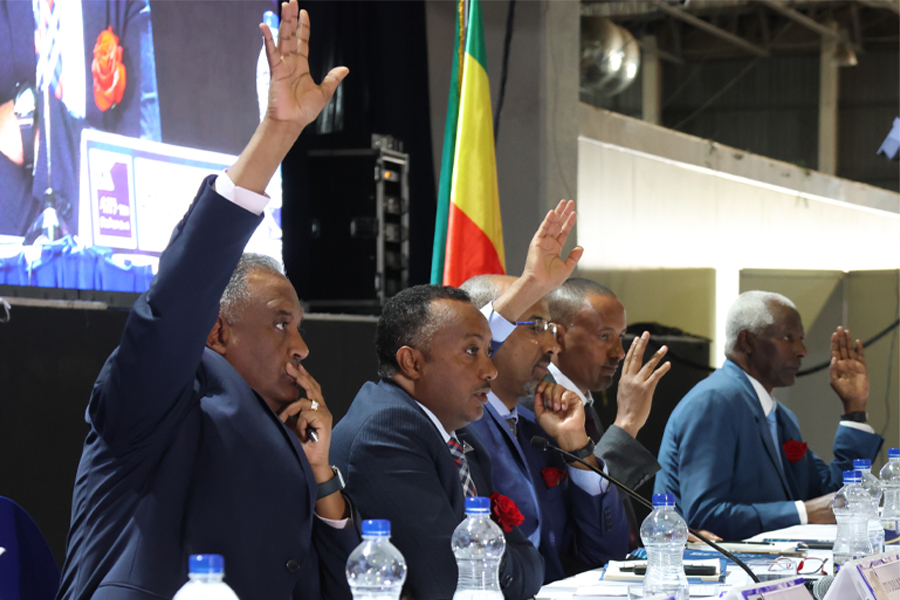
Radar | Oct 20,2024
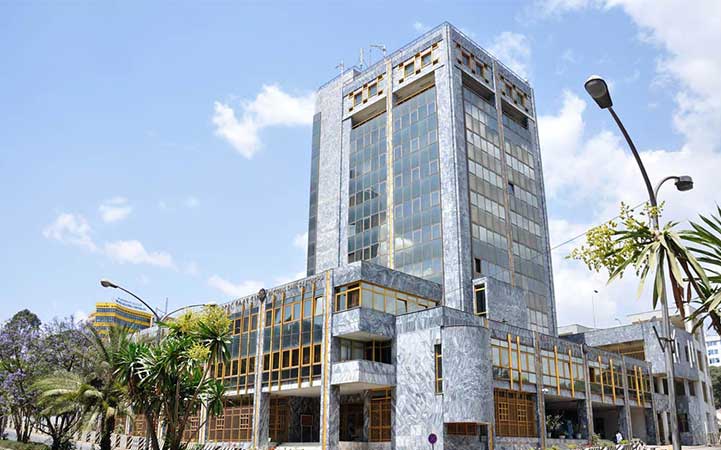
Fortune News | Aug 12,2021
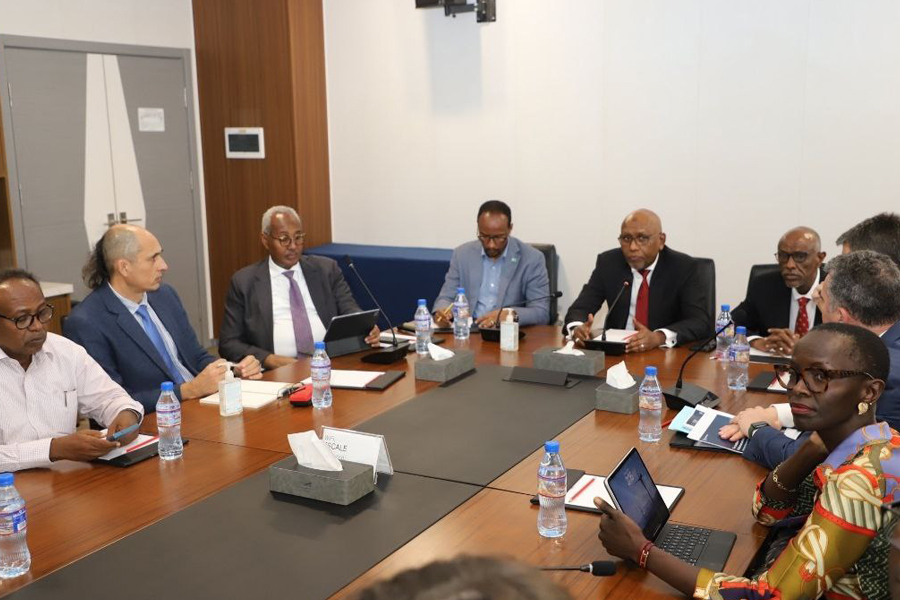
Fortune News | Jun 22,2024
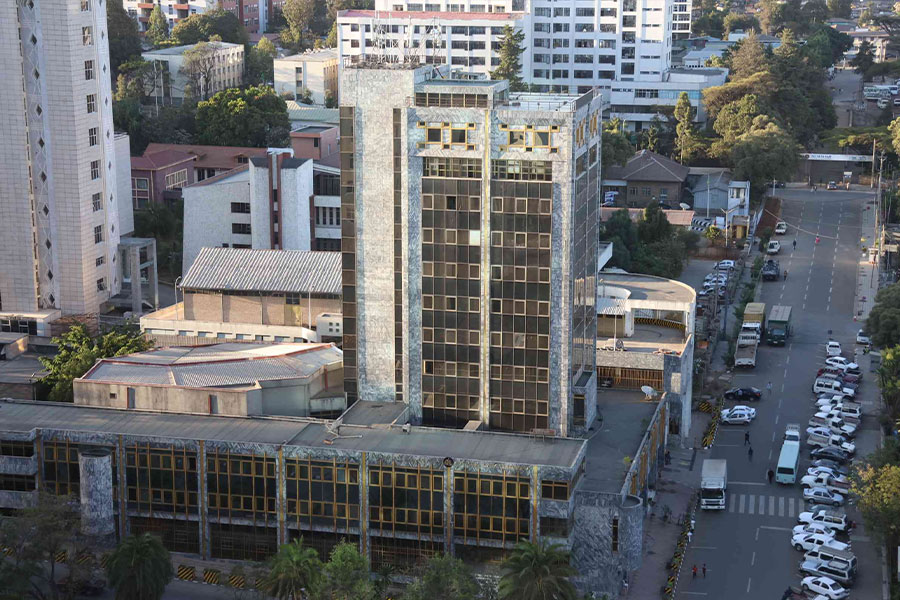
Fortune News | May 31,2025

Radar | Mar 12,2022
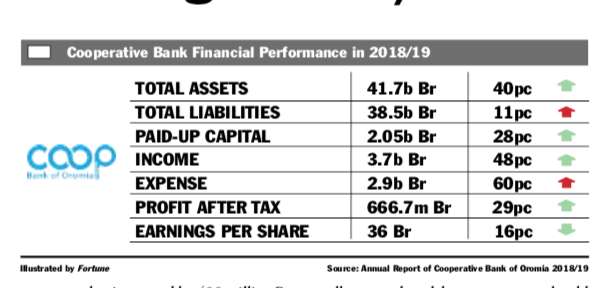
Fortune News | Mar 21,2020
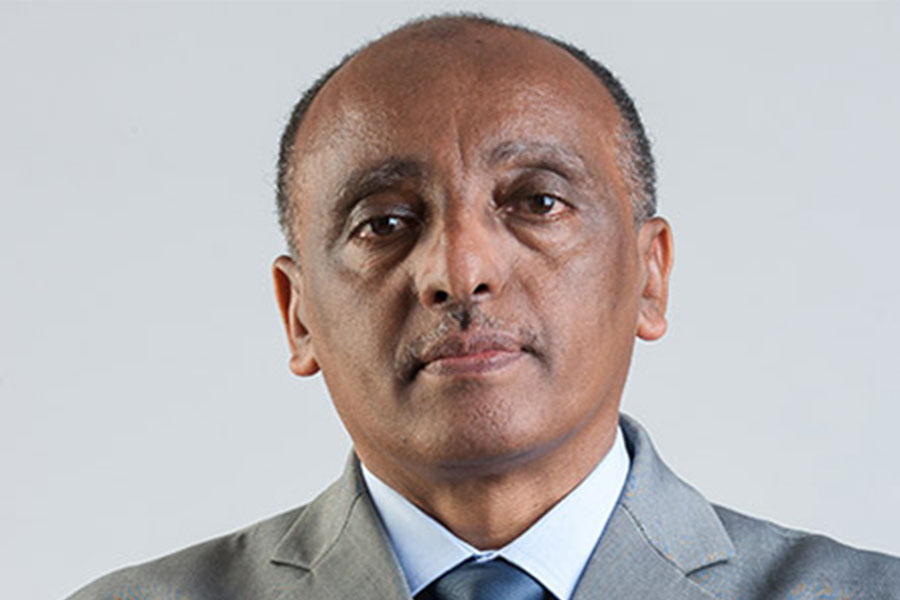
Radar | Dec 24,2022
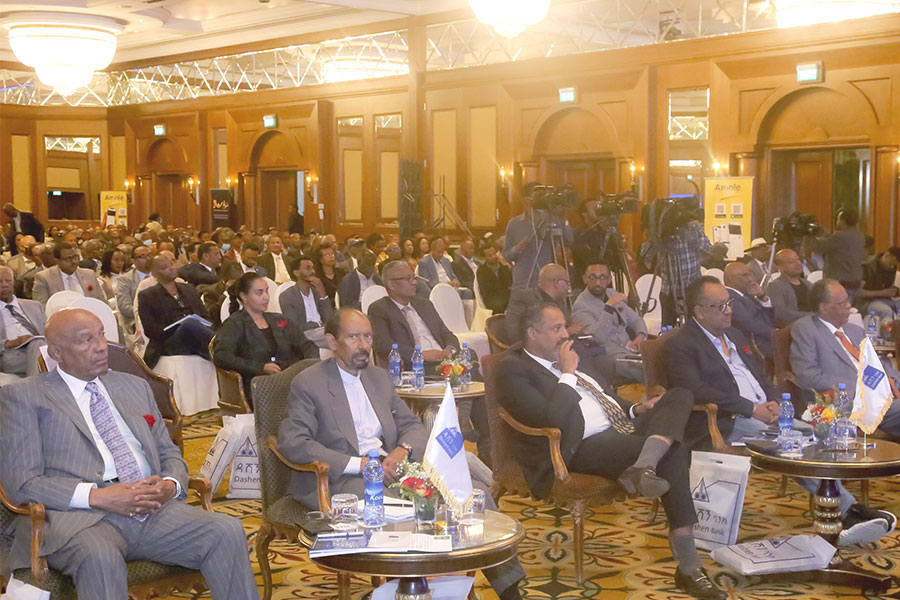
Fortune News | Oct 30,2022

Sponsored Contents | Jan 31,2022
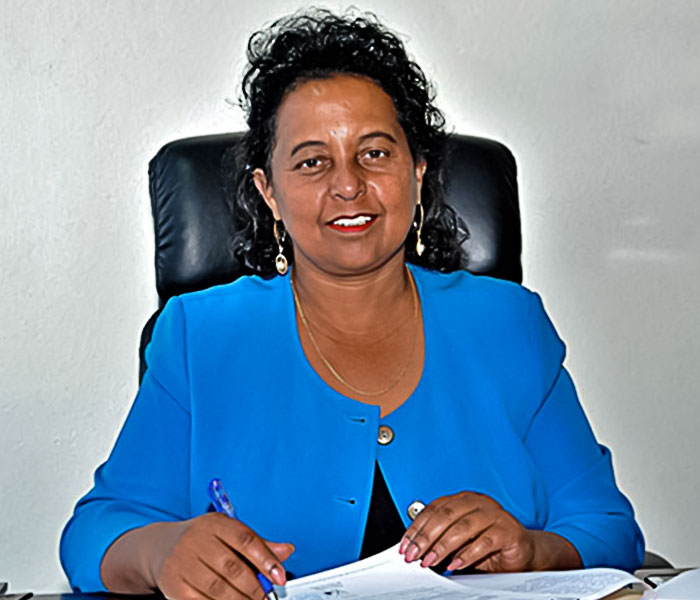
Fortune News | Sep 24,2022

Dec 22 , 2024 . By TIZITA SHEWAFERAW
Charged with transforming colossal state-owned enterprises into modern and competitiv...

Aug 18 , 2024 . By AKSAH ITALO
Although predictable Yonas Zerihun's job in the ride-hailing service is not immune to...

Jul 28 , 2024 . By TIZITA SHEWAFERAW
Unhabitual, perhaps too many, Samuel Gebreyohannes, 38, used to occasionally enjoy a couple of beers at breakfast. However, he recently swit...

Jul 13 , 2024 . By AKSAH ITALO
Investors who rely on tractors, trucks, and field vehicles for commuting, transporting commodities, and f...

Jun 28 , 2025
Meseret Damtie, the assertive auditor general, has never been shy about naming names...

Jun 21 , 2025
A well-worn adage says, “Budget is not destiny, but it is direction.” Examining t...

Jun 14 , 2025
Yet again, the Horn of Africa is bracing for trouble. A region already frayed by wars...

Jun 7 , 2025
Few promises shine brighter in Addis Abeba than the pledge of a roof for every family...